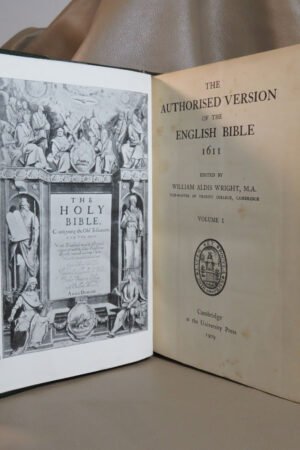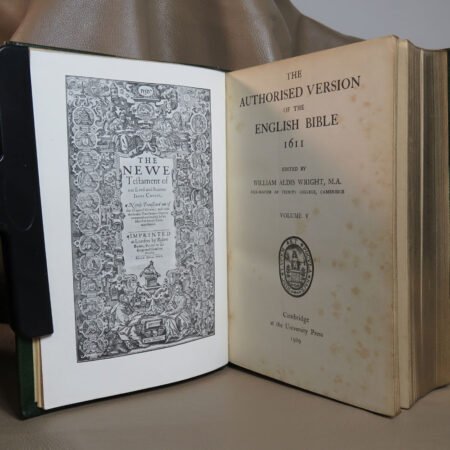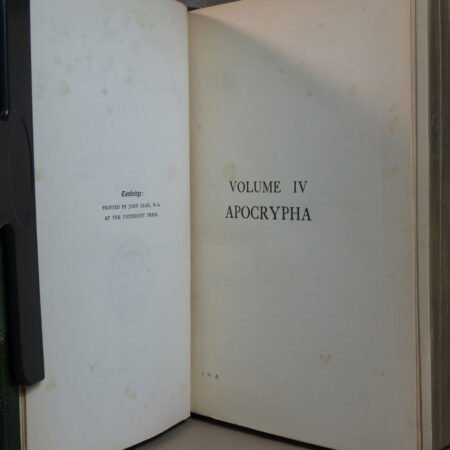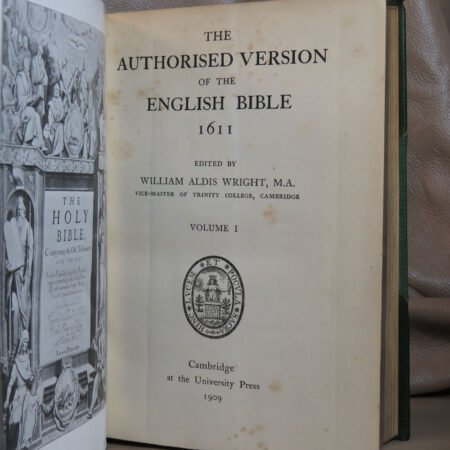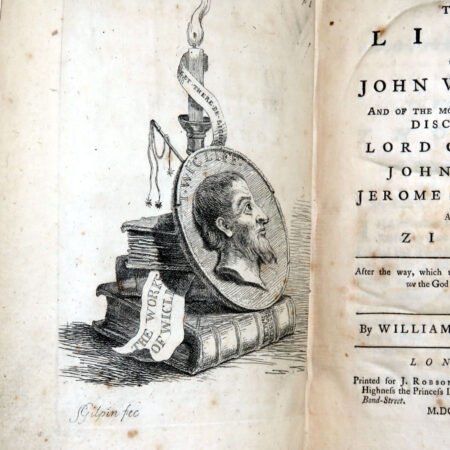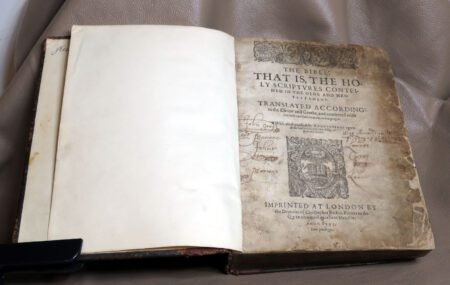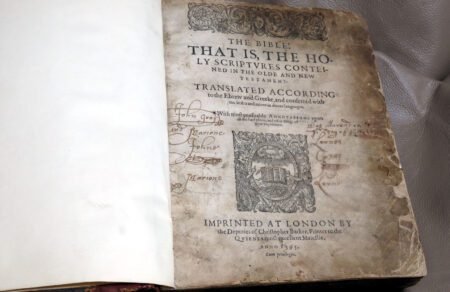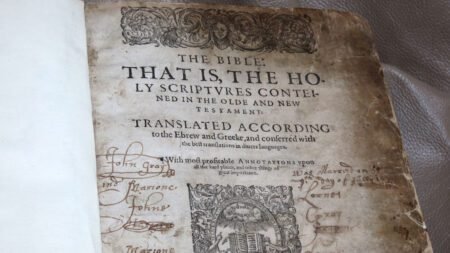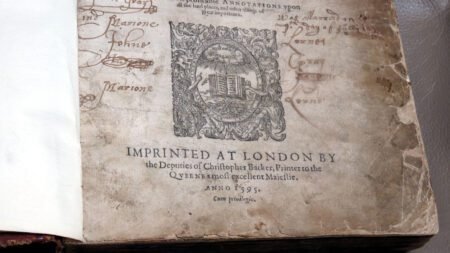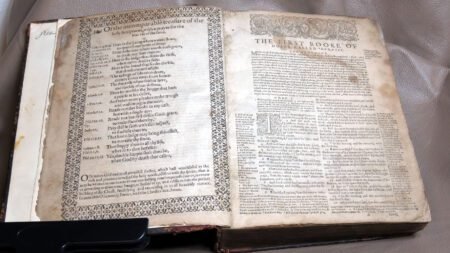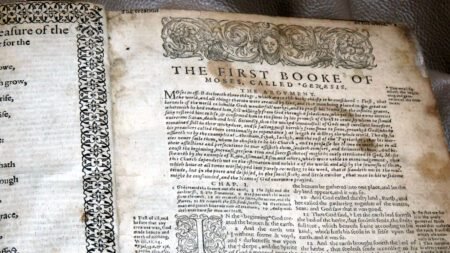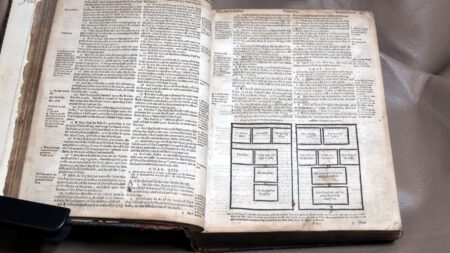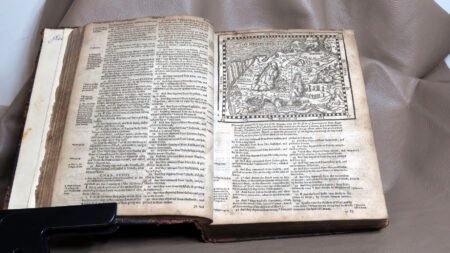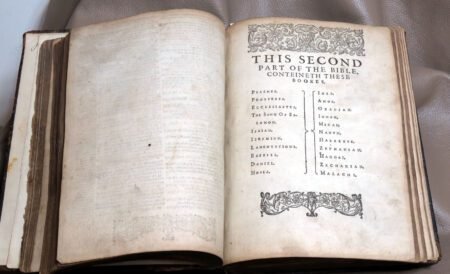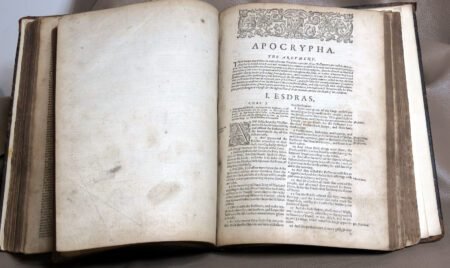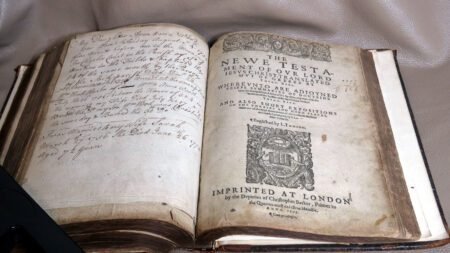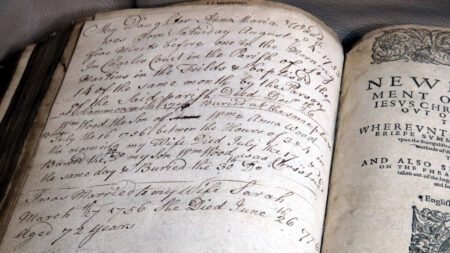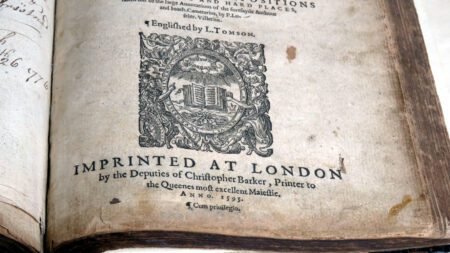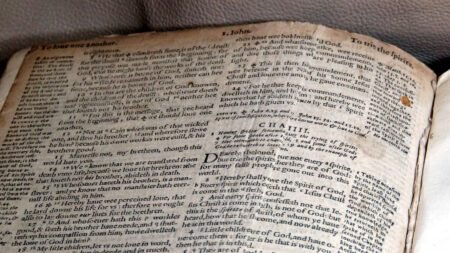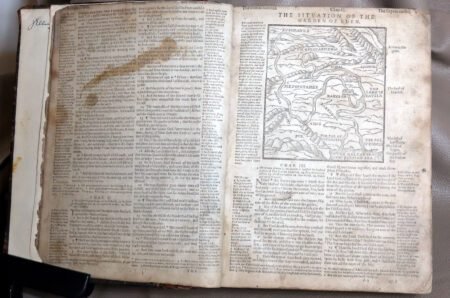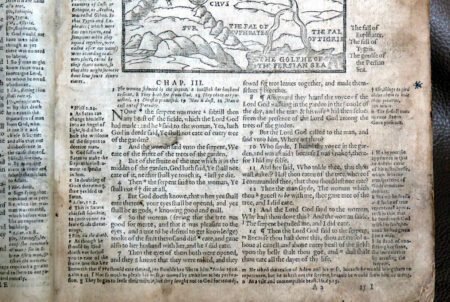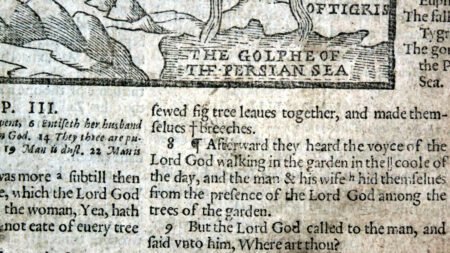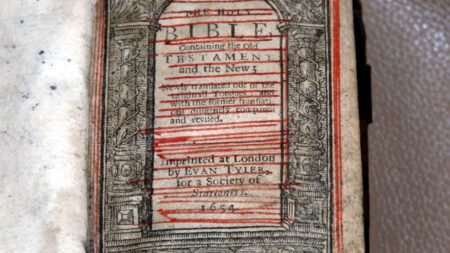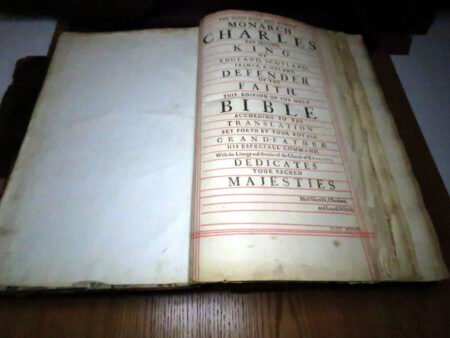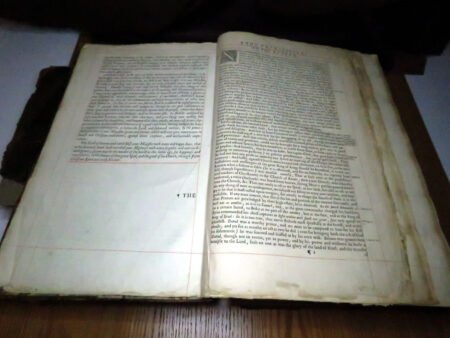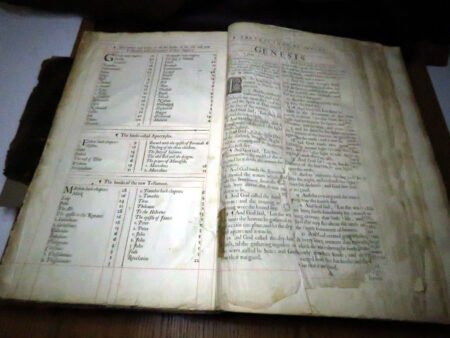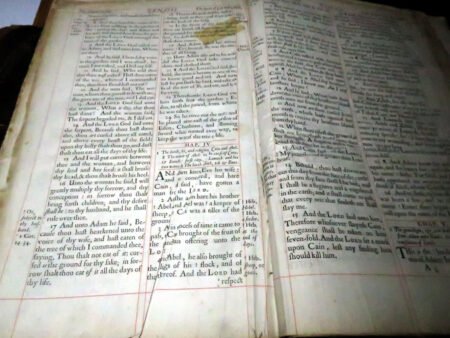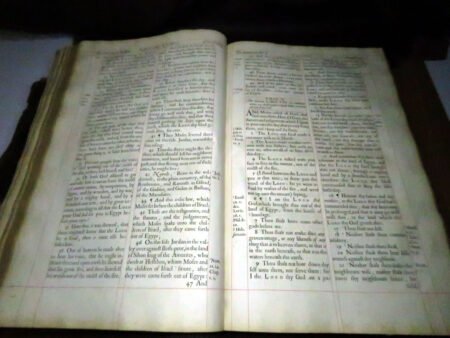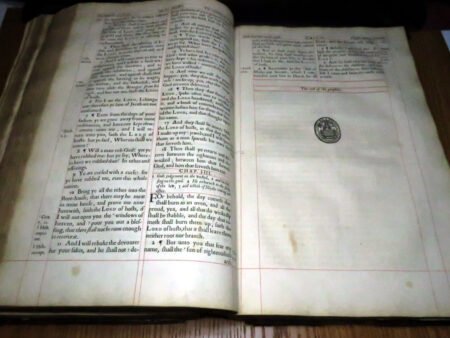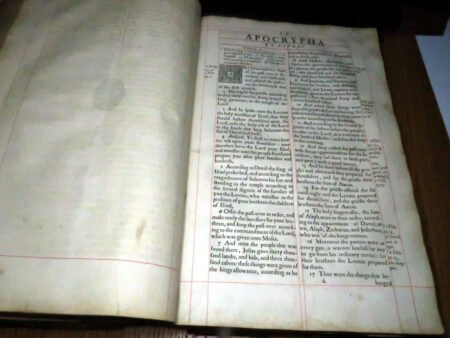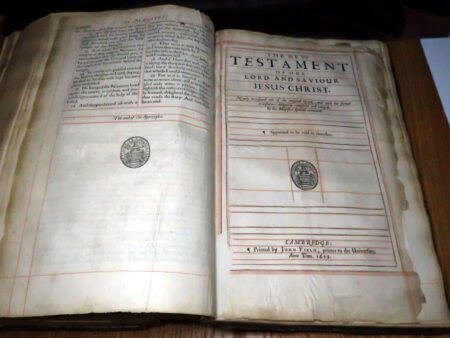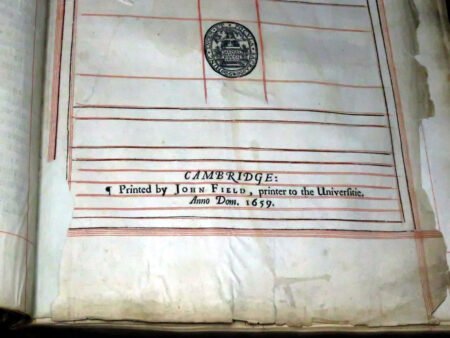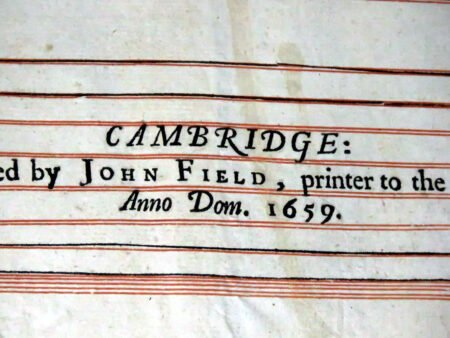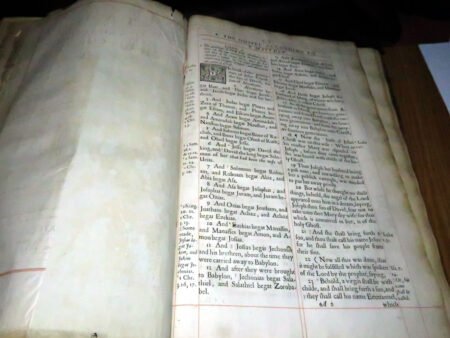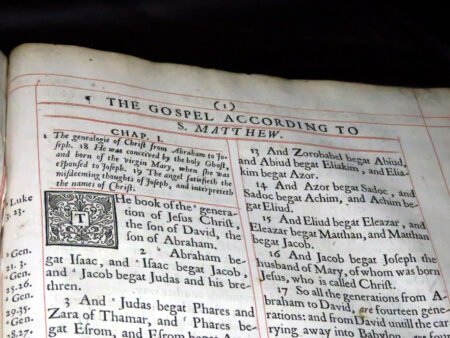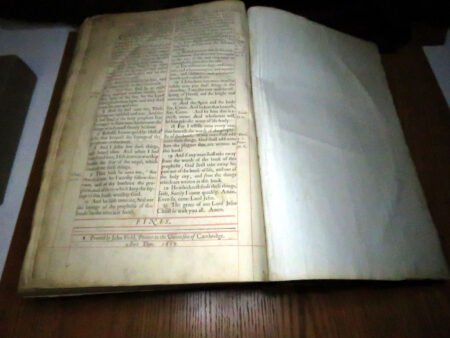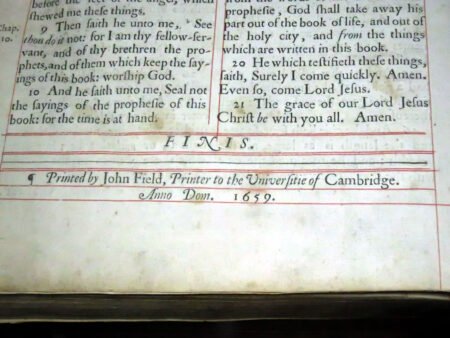The Thirty-Nine Articles, also known as the Anglican Articles, are a series of statements of faith that were written during the English Reformation in the 16th century. These articles were first published in 1563 during the reign of Queen Elizabeth I and have since been revised multiple times. They were adopted by the Church of England in 1571 and have since become a foundational document for Anglican theology.
What is their History?
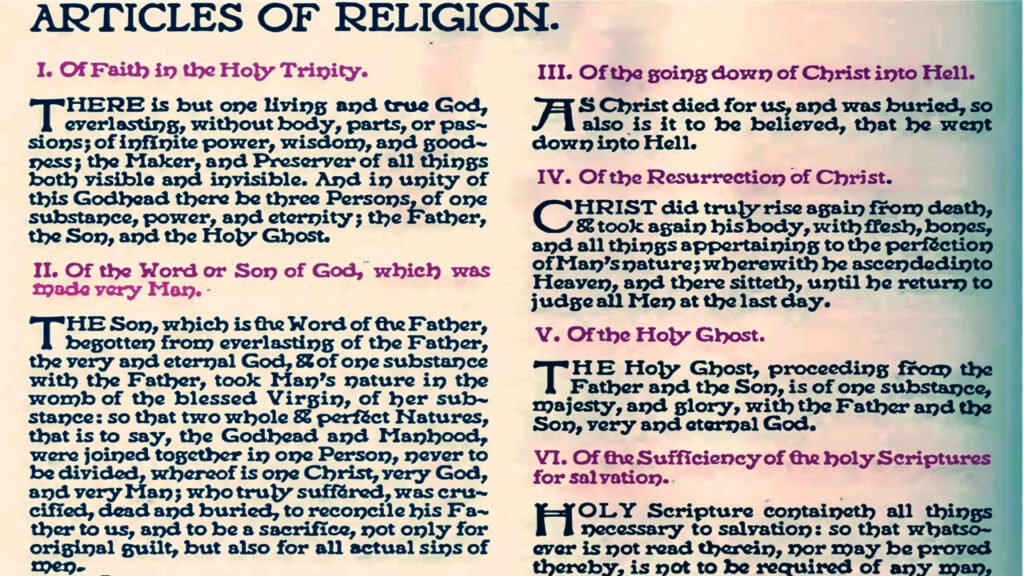
The Thirty-Nine Articles were originally written in 1536 by Thomas Cranmer, the Archbishop of Canterbury, as a response to the theological controversies of the time. They were revised in 1552 and again in 1563, and the final version was adopted by the Church of England in 1571. The Articles were intended to provide a clear statement of Anglican doctrine and to distinguish the Church of England from the Roman Catholic Church and the various Protestant sects that were emerging at the time.
What do they include and why were they written? The Anglican Articles are a set of 39 theological statements that define the beliefs of the Church of England. These articles cover a wide range of topics, including the authority of Scripture, the nature of God, the Trinity, salvation, and the sacraments. The Thirty-Nine Articles were written in response to the theological controversies of the 16th century, particularly those surrounding the Protestant Reformation and the relationship between the Church of England and the Roman Catholic Church.
What are some key doctrines in the Thirty-Nine Articles?
The Anglican Articles consist of 39 statements of faith that cover a wide range of theological topics, including the nature of God, the authority of Scripture, the nature of humanity, the sacraments, and the role of the church in society. Some of the key articles include:
- Article 1: There is only one living and true God, who is infinite, eternal, and unchangeable.
- Article 6: The Bible is the ultimate authority for Christian faith and practice, and contains everything necessary for salvation.
- Article 11: That we are justified by faith only.
- Article 12: Good works are a necessary fruit of faith, but they do not earn salvation.
- Article 25: Baptism and the Lord’s Supper are the only two sacraments ordained by Christ.
- Article 26: The unworthiness of the minister does not invalidate the sacraments.
What is their Significance?
Firstly, they represent a clear statement of the beliefs of the Church of England and have helped to define the identity of the Anglican Communion.
Second, they reflect the theological debates and controversies of the English Reformation, and show how the Church of England sought to navigate these challenges.
Finally, the Articles continue to have relevance for contemporary Anglican theology and practice, particularly in their emphasis on the authority of Scripture and the importance of grace in salvation.
In Conclusion:
The Thirty-Nine Articles are an important document in the history of the Christian church, and continue to be a valuable resource for Anglican theology and practice. They provide a clear statement of Anglican doctrine, reflect the challenges of the English Reformation, and continue to shape the identity and practice of the Anglican Communion today.
While the Articles were written in response to the controversies of the 16th century, they continue to have relevance for contemporary Anglican theology and practice.

